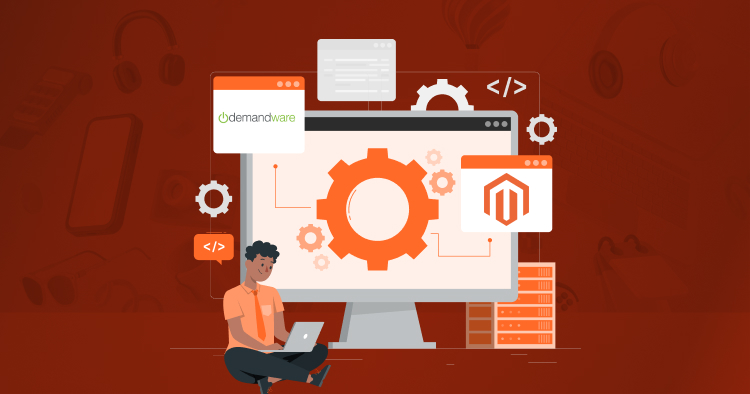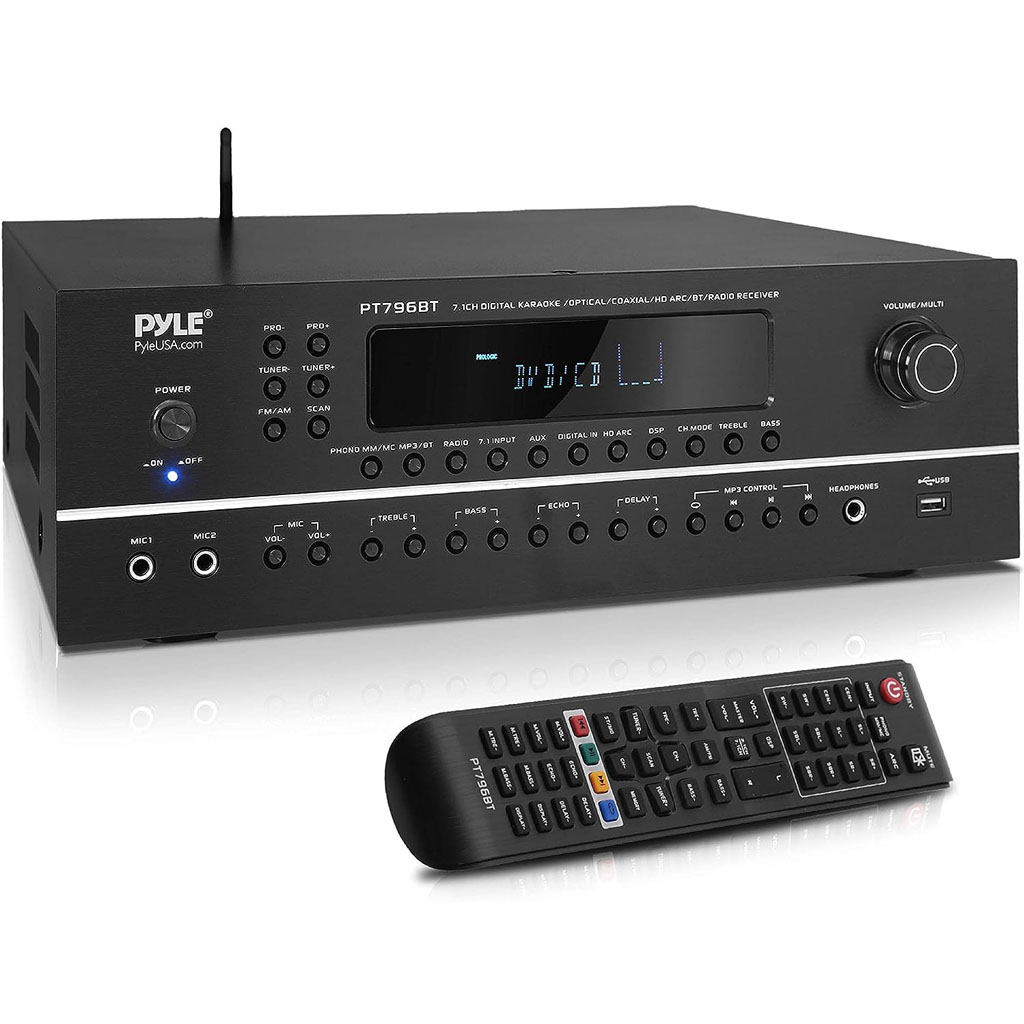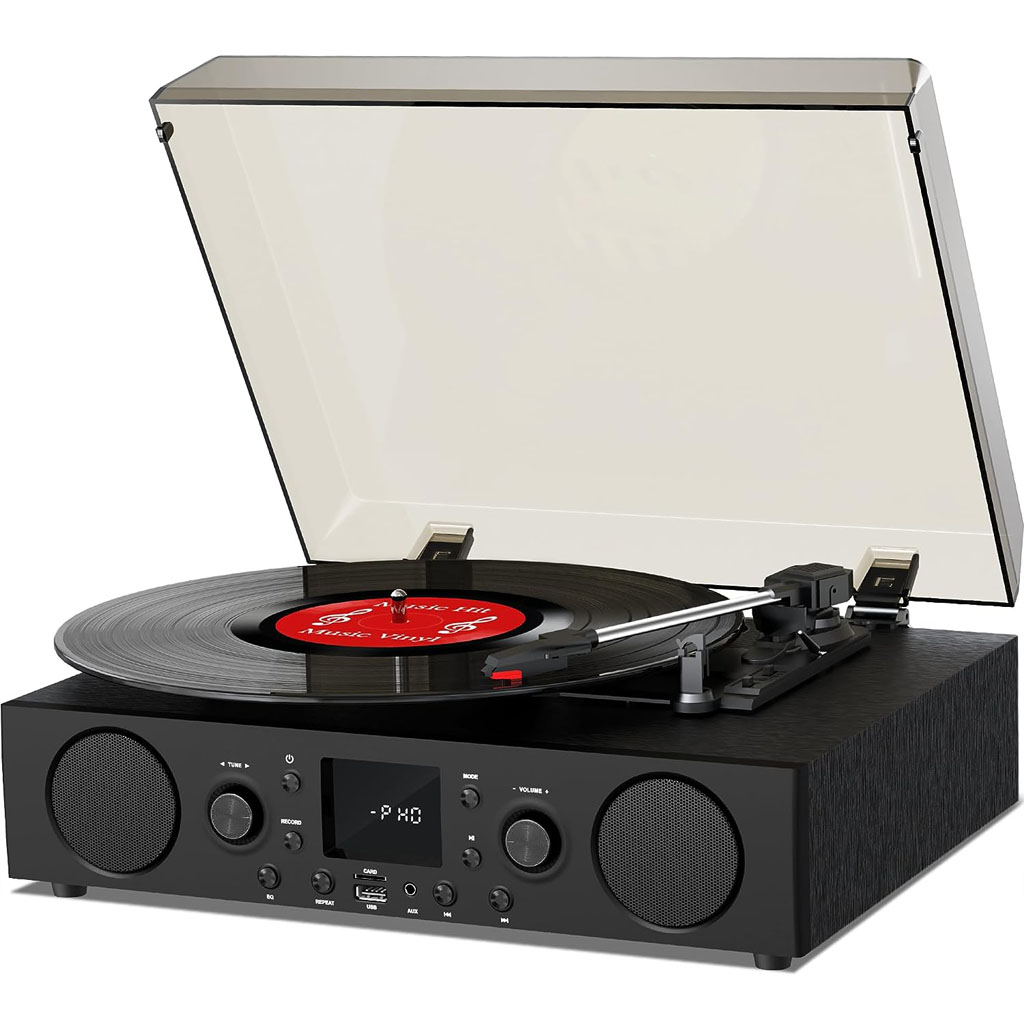
Last Updated | August 22, 2023
Every minute, people around the world are spending over $3.5 million online. That’s the e-commerce buzz – a global marketplace that’s always awake, with every click and scroll translating into real transactions. Now, put yourself right in the middle of this vibrant marketplace. Your e-commerce store is like your own booth at this bustling digital fair.
Now, in this digital world, your booth needs a solid base to be built and standout amongst the hundreds of other booths offering same products or services. This is where Magento and Demandware come into play, offering ecommerce store owners think tools to build an attractive digital space.
But here’s the catch: Your booth isn’t just about looking pretty; it’s about standing out and grabbing attention in a huge crowd of booths. That’s where the comparison of Magento vs. Demandware becomes crucial.
Choosing between Magento and Demandware is like picking the best ingredients for your signature dish – it’s what gives your brand a unique flavor. Here in this blog, we will be looking to find the platform that fits your brand’s style. Whether it’s Magento’s flexibility or Demandware’s personal touch, it’s about finding the fit that clicks for your business.
So, without any ado, let’s get started with our Demandware vs Magento comparison and see what’s best suited for your ecommerce success!
Platform Overview:
Well, before getting into the details of features and functionalities that each platform brings onto the table for ecommerce store, let’s get briefly introduced with each platform and see what makes them unique.
Demandware:
Demandware, now known as Salesforce Commerce Cloud, empowers businesses with a comprehensive toolkit to build engaging online stores. Its feature-rich environment caters to diverse needs, from product management to seamless checkout experiences. The platform emphasizes creating user-friendly interfaces, ensuring your customers have an enjoyable shopping journey.
- Demandware offers a wide range of tools for building effective online stores.
- Feature-rich environment enhances product management and checkout experiences.
- User-friendly interfaces prioritize a seamless and enjoyable shopping journey.
Scalability and enterprise-level solutions
With its cloud-based architecture, Demandware ensures scalability is a non-issue. This foundation allows businesses to expand without technical hurdles, adapting to growth seamlessly. Furthermore, Demandware’s focus on enterprise-level solutions equips large businesses with the resources needed to excel in the online marketplace.
- Demandware’s cloud-based architecture ensures effortless scalability.
- Adaptation to growth is seamless, supporting businesses as they expand.
- Enterprise-level solutions cater to the needs of larger businesses.
Brands using Demandware for their ecommerce websites
The impact of Demandware resonates across industries, with renowned brands choosing it for their online presence. Businesses like L’Oreal and Adidas have leveraged Demandware to create captivating online stores. This platform’s versatility appeals to a wide array of brands seeking reliable and effective e-commerce solutions.
- Demandware is trusted by established brands like L’Oreal and Adidas.
- Its versatility makes it a preferred choice for various industries.
- Demandware serves as a reliable solution for building captivating online stores.
Magento:
Magento, a name synonymous with e-commerce innovation, champions flexibility through its open-source approach. It provides businesses with a canvas to create unique online experiences tailored to their brand identity. Whether you’re a startup or an established enterprise, Magento’s adaptability is designed to suit your specific needs.
- Magento stands out for its open-source nature, fostering innovation.
- Flexibility is at the core of Magento, allowing for tailored online experiences.
- It caters to both startups and enterprises, adapting to diverse business requirements.
Magento Community and Enterprise Editions
Magento addresses the spectrum of business sizes through its community and enterprise editions. The community edition offers a platform for smaller businesses to establish their digital footprint. Meanwhile, the enterprise edition presents advanced features and customization options that meet the demands of larger enterprises, creating a comprehensive solution for all.
- Magento caters to varying business sizes with its community and enterprise editions.
- The community edition provides a starting point for smaller businesses.
- The enterprise edition offers advanced features for larger enterprises.
Successful Magento-powered online stores
Numerous well-known brands have harnessed Magento’s capabilities to create successful online stores. Staples and Rebecca Minkoff are among those who have embraced Magento to craft engaging digital shopping destinations. This platform’s track record of powering thriving online businesses solidifies its status as a trusted e-commerce solution.
- Staples and Rebecca Minkoff stand as successful examples of Magento-powered online stores.
- Magento’s prowess in creating engaging digital shopping experiences is evident.
- A range of businesses have achieved online success through the power of Magento.
Demandware Vs. Magento – Key Features Comparison
Well, now that we have a brief introduction about each platform, let’s move on to greater details and compare various crucial features and functionalities of Demandware Vs. Magento.
Customization:
Ecommerce platforms have become digital workshops, allowing businesses to craft unique online experiences. When we compare Demandware vs. Magento, one pivotal aspect is the extent to which each platform facilitates customization.
Demandware:
Demandware, now recognized as Salesforce Commerce Cloud, extends a helping hand when it comes to ecommerce customization. With a set of tools and functionalities that span from tailored storefront designs to personalized shopping journeys, it provides businesses with a playground to build their brand identity.
- Demandware offers tools for designing tailored storefronts, reflecting your brand’s personality.
- It embraces personalized shopping journeys, enhancing customer engagement.
- Customer experiences can be curated to foster brand loyalty and long-lasting relationships.
Magento:
Turning our gaze towards Magento, this platform emerges as a true champion of ecommerce customization. Its open-source nature allows developers to delve deep into the code, molding the platform to suit businesses’ unique needs. With the right Magento 2 development services, businesses can dominate their space with Custom Magento Web Development solutions that truly represent their brand and adds intriguing features and functionalities to their stores. The options for personalization span from design and layout to functionality, making Magento a versatile tool for crafting distinct online experiences.
- Magento’s open-source nature provides developers the freedom to delve into code and tailor the platform.
- Customization spans across design, layout, and functionality, aligning with individual business needs.
- Businesses can create unique online experiences that resonate with their target audience.
Demandware Vs. Magento – Customization Comparison:
| Features | Demandware | Magento |
| Level of customization | Highly customizable | Highly customizable |
| Features and options | Wide range of features and options | Less features and options |
| Ability to create a unique and personalized shopping experience | Yes | Yes |
| Ease of customization | More complex | Easier to customize |
Scalability:
Next up in our Demandware Vs. Magento comparison, let’s compare the scalability features of each of these platforms. Given the massive potential of ecommerce market, it’s imperative for storeowners to have easy and unhindered scalability option. Any complexity towards scalability will only reduce the growth prospects of the business, leaving them at disadvantage to the cut-throat market competition. Demandware and Magento address scalability in their own distinct ways.
Demandware (Salesforce Commerce Cloud):
Demandware takes a cloud-based approach, offering businesses the advantage of scalability without the worries of managing physical infrastructure. As businesses expand, the platform can accommodate the increased load, ensuring smooth operations even during peak times.
- Demandware’s cloud-based structure enables effortless scalability as businesses grow.
- It handles increased traffic and transactions seamlessly, eliminating worries about infrastructure management.
- This approach allows businesses to focus on growth without being hindered by technical constraints.
Magento:
Magento, on the other hand, provides businesses with a strong foundation for scalability through its architecture. By hiring dedicated Magento developers, businesses can leverage the adaptability and scalability of the platform to meet their growing demands, making it a suitable choice for both small startups and large enterprises aiming for expansion.
- Magento’s architecture is designed to accommodate growing demands, making it a scalable solution.
- It caters to businesses of all sizes, providing a stable base for expansion.
- Whether you’re a startup or an established brand, Magento can evolve with your business journey.
Demandware Vs. Magento – Scalability Comparison
| Feature | Demandware | Magento |
| Ability to handle large volumes of traffic and transactions | Yes | Yes |
| Ability to scale up or down as needed | Yes | Yes |
| Performance and reliability | Excellent | Good |
Cost Considerations:
Well, next up for our Demandware vs. Magento comparison, we got another crucial aspect to compare – cost. In today’s hyper-competitive ecommerce market, cost of operation could make or break the deal for ecommerce businesses. Let’s cost is a vital factor that can influence your platform selection between Demandware and Magento.
Demandware:
Demandware, offers an enterprise-level solution with a corresponding pricing structure. As a robust platform that caters to high-scale businesses, the investment matches the advanced features it provides. Businesses seeking comprehensive tools and a ready-to-use framework can find value in this offering.
- Demandware aligns with the enterprise-level segment, reflecting in its pricing structure.
- The cost corresponds to the advanced features, support, and scalability it provides.
- Businesses looking for a turnkey solution and willing to invest in advanced features can benefit from Demandware.
Magento:
Magento’s pricing landscape differs, offering businesses flexibility tailored to their specific needs. With both community and enterprise editions, businesses can opt for the one that best suits their scale and budget. The open-source nature of Magento’s community edition provides a cost-effective solution for startups, while the enterprise edition caters to larger businesses with advanced requirements. However, you need to keep in mind the Magento 2 development services cost in the total cost of operations. Also, the cost of Magento B2B development may be higher than for simple B2C store.
- Magento offers flexibility in pricing with community and enterprise editions.
- The community edition provides a cost-effective solution for startups and smaller businesses.
- The enterprise edition caters to larger businesses looking for advanced features and customization.
Demandware Vs. Magento – Cost Comparison
| Features | Demandware | Magento |
| Initial cost | More expensive | Less expensive |
| Monthly subscription fee | Yes | No |
| Total cost of ownership | More expensive | Less expensive |
Development and Customization:
When it comes to building a unique online presence, the tools for development and customization play a critical role. Demandware and Magento have their own approaches to empower businesses in this aspect.
Demandware:
Demandware emphasizes a cloud-based approach, with its development environment being hosted on the cloud. This simplifies the development process, as developers can focus on coding rather than managing infrastructure. Additionally, Demandware offers a range of tools for customization, enabling businesses to create tailored digital experiences.
- Demandware’s cloud-based development environment simplifies the coding process.
- Developers can focus on coding without being burdened by infrastructure management.
- Tools for customization empower businesses to craft unique digital experiences.
Magento:
Magento, known for its flexibility, allows developers to dive deep into the code for customizations. The open-source nature of the platform provides a canvas for developers to create tailored solutions. Whether it’s modifying designs, enhancing functionality, or integrating third-party tools, Magento’s development ecosystem is rich and versatile.
- Magento’s open-source nature allows developers to delve into code for customizations.
- Developers have the freedom to modify designs, enhance functionality, and integrate third-party tools.
- Magento’s development ecosystem offers a wide range of options for businesses seeking unique online solutions.
Demandware Vs. Magento – Development and customization Comparison
| Feature | Demandware | Magento |
| Level of complexity | More complex | Less complex |
| Flexibility and control over the development process | Less flexibility and control | More flexibility and control |
| Time and resources required | More time and resources | Less time and resources |
Ease of Use and User Experience:
When it comes to e-commerce, making things easy for both you and your customers is a big deal. In the comparison Demandware vs. Magento, this means ensuring a smooth and pleasant experience for everyone involved.
Demandware:
Demandware brings in tons of features and functionalities to enable storeowners create a highly engaging and user-friendly stores. It’s designed to be intuitive and simple, making it easy for you to manage your online store. Your customers also benefit from hassle-free shopping, with straightforward product browsing and a smooth checkout process. Demandware takes the stress out of the online shopping journey by giving them an interactive and smooth online shopping experience.
- Salesforce Commerce Cloud aims for an easy-to-use platform that simplifies management.
- Customers enjoy hassle-free shopping with user-friendly product browsing and smooth checkout.
- Demandware ensures a stress-free online shopping experience for both you and your customers.
Magento:
When it comes to custom Magento web development, customization and user-centered design take center stage. The platform allows storeowners to customer their stores to fit your brand perfectly. With a variety of themes and plugins, you have the tools to create an online space that resonates with your customers, making their experience more enjoyable and engaging.
- Magento focuses on customization for a user-centered online experience.
- A range of themes and plugins empowers you to create an online store that speaks to your customers.
- The goal is to craft an online space that truly connects with your customers, making their journey enjoyable.
Demandware Vs. Magento – Ease of use and user experience Comparison
| Feature | Demandware | Magento |
| Level of intuitiveness | Less intuitive | More intuitive |
| Ease of setup and management | More complex | Easier to set up and manage |
| Overall user experience | Less user-friendly | More user-friendly |
Flexibility
Well, moving on with our Demandware vs. Magento comparison, next up let’s compare flexibility and custom development capacity of each platform. E-commerce is all about having the freedom to shape your store according to your unique needs. Demandware and Magento offer their own ways to make this happen.
Demandware:
Demandware is designed to grow with your business. It provides a mix of ready-to-go features and room for custom development. This means you can create unique functionalities for your store, tailoring it to your specific requirements and giving your online presence a distinctive edge.
- Salesforce Commerce Cloud adapts as your business grows, offering both ready features and customization.
- Custom development lets you add unique features that set your online store apart.
- With Demandware, you can make your online store truly your own by adding special functionalities.
Magento:
Magento, being open-source, puts the power of customization in your hands. This platform offers flexibility, allowing developers to dive into the code and create tailored solutions. This could mean enhancing your store’s functions, integrating third-party tools, or crafting unique features to match your brand’s identity.
- Magento’s open-source nature means you have the freedom to customize your online store.
- Developers can delve into the code to create personalized solutions that match your needs.
- Your online store can have unique functions and features that truly represent your brand.
Demandware Vs. Magento – Platform Flexibility Comparison
| Feature | Demandware | Magento |
| Range of features and options | Wider range of features and options | Less features and options |
| Ability to customize for specific needs | Yes | Yes |
| Ease of customization | More complex | Easier to customize |
SEO and Marketing Capabilities:
Well, no matter how interactive and feature-loaded store you may have, if you aren’t able to market it properly, you will eventually be doomed. That’s where SEO and marketing capabilities of each platform will come into play. Let’s quickly have SEO and marketing capabilities comparison for our Demandware vs. Magento comparison.
Demandware:
Demandware is all about boosting your online visibility. It provides tools for optimized URLs, meta tags, and content management, making it easier for search engines to find you. On top of that, integrated marketing features help you manage campaigns effectively, engaging your customers and boosting your brand.
- Salesforce Commerce Cloud focuses on boosting online visibility with SEO tools.
- Optimized URLs, meta tags, and content management make your store easier to find on search engines.
- Integrated marketing features help you connect with customers through well-managed campaigns.
Magento:
Magento equips you with tools to enhance your online presence. You can optimize URLs, meta tags, and content, which means your online store is more likely to show up in search engine results. Moreover, Magento’s integration with marketing tools expands your reach, allowing you to engage customers and build your brand.
- Magento offers tools to strengthen your online presence with optimized URLs and content.
- These tools help your store appear higher in search engine results.
- Through integration with marketing tools, Magento helps you reach and connect with customers, building your brand’s online presence.
Demandware Vs. Magento – SEO and Marketing Comparison
| Feature | Demandware | Magento |
| Features and options for SEO | More features and options | Less features and options |
| Ability to drive traffic to the website | Yes | Yes |
| Ability to track and measure results | Yes | Yes |
Support and Community:
When you’re navigating the world of e-commerce, having a supportive community and reliable assistance is a game-changer. Let’s quickly have a Demandware vs Magento comparison for support and community offered by each platform.
Demandware:
Demandware comes with the backing of Salesforce’s renowned customer service. This ensures you have reliable assistance whenever you need it. Additionally, Demandware’s community of users provides a space for collaboration, where you can share knowledge and experiences.
- With Salesforce Commerce Cloud, you have the support of Salesforce’s top-notch customer service.
- Reliable assistance is always at hand to ensure your e-commerce journey is smooth.
- The Demandware community lets you collaborate, learn from others, and grow collectively.
Magento:
The strength of Magento lies in its vibrant open-source community. This community consists of developers, experts, and fellow users who collaborate, share insights, and provide troubleshooting support. Official support channels further assure you of prompt assistance, making sure your online venture runs without a hitch.
- Magento boasts a lively open-source community comprising developers, experts, and users.
- This community is a hub for collaboration, troubleshooting, and sharing best practices.
- Magento’s official support channels ensure that you have the guidance and help you need for a seamless online journey.
Demandware Vs. Magento – Support and community Comparison
| Feature | Demandware | Magento |
| Quality of support | Good | Excellent |
| Size and activity of community | Smaller community | Larger and more active community |
| Availability of resources | Good availability of resources | Excellent availability of resources |
Choosing the Right Platform for Your Business
Well, now that we are done comparing all crucial features and functionalities of each platform, it’s time to decide which one is the right choice for your business. In essence, the decision between Demandware and Magento rests on the scale and nature of your business. For larger enterprises with a substantial presence and an inclination towards B2B operations, Demandware stands as an option for seamless scalability and comprehensive B2B management. For businesses that emphasize customization, whether in a B2C or B2B context, Magento’s flexibility, coupled with its array of development services and community support, makes it a prime candidate.
Ultimately, the better platform depends on your business’s DNA and goals. By considering the precise offerings and analyzing your business’s specific requirements, you can choose the path that best aligns with your aspirations.
Demandware:
For those seeking an out-of-the-box solution with a focus on scalability and enterprise-level performance, Demandware, now Salesforce Commerce Cloud, holds promise. This platform caters to larger businesses that require robust tools for managing extensive product catalogs, multiple brands, and international operations. If your business is positioned as a B2B enterprise, Demandware’s capabilities in managing complex B2B relationships could be an advantageous match.
Magento:
On the other hand, Magento presents itself as a flexible and customizable platform, ideal for businesses with a penchant for unique branding and tailored experiences. If your business leans towards B2C operations and requires a high degree of customization, Magento offers the tools to craft a one-of-a-kind online store. The extensive range of Magento 2 Development Services, including Custom Magento Web Development and the ability to Hire Dedicated Magento Developers, empowers businesses to create a tailored solution that mirrors their exact requirements. Additionally, if your focus is on B2B Development, Magento’s capabilities extend to facilitate these intricate relationships as well.
With years of experience in Magento web development, Folio3 brings you expert, reliable, and budget-friendly ecommerce development solutions. We’re all about your success. Whether you’re leaning towards Demandware’s power or Magento’s style, we’ve got your back. Join hands with us, and let’s make your e-commerce dreams come true.
Source: https://ecommerce.folio3.com/blog/demandware-vs-magento/






